Register now for this CME event, Feb. 20–21

Now more than ever, innovations in diagnostic tests, therapies and surgical technologies are influencing care options for patients with diabetes mellitus and thyroid disorders. Learn more about the latest advances and get a glimpse of what lies ahead at:
Advertisement
Cleveland Clinic is a non-profit academic medical center. Advertising on our site helps support our mission. We do not endorse non-Cleveland Clinic products or services. Policy
February 20–21, 2015
Cleveland Clinic Florida’s Jagelman Conference Center
Weston, Florida
Cleveland Clinic is one of the top medical centers with experts in the management of diabetes and thyroid disorders.
The two-day agenda features lectures, panel discussions and question and answer sessions, as well as these keynote addresses:
Prevention of Type 2 Diabetes Mellitus
by Ronald Goldberg, MD, professor of medicine
Division of Endocrinology Diabetes and Metabolism
Diabetes Research Institute
University of Miami Miller School of Medicine
Epidemiology and Update on Thyroid Nodules
by R. Mack Harrell, MD, FACP, FACE, ECNU
Co-Founder, Memorial Center for Integrative Endocrine Surgery
President, American Association of Clinical Endocrinology
Attendees will learn about:
This course is designed for physicians, nurses, diabetes educators, residents, fellows and other health care professionals in primary care as well as endocrinology, surgery, otolaryngology, pathology, nuclear medicine, genomics and other specialties.
Advertisement
Physicians can claim up to 12.50 AMA PRA Category 1 Credits™ for this activity and may submit CME credit hours to the American Osteopathic Association for Category 2 credits. Nurses can claim up to 14 CEUs by the Florida Board of Nursing.
For more details or to register, visit ccfcme.org/diabetesthyroid15.
Advertisement
Advertisement
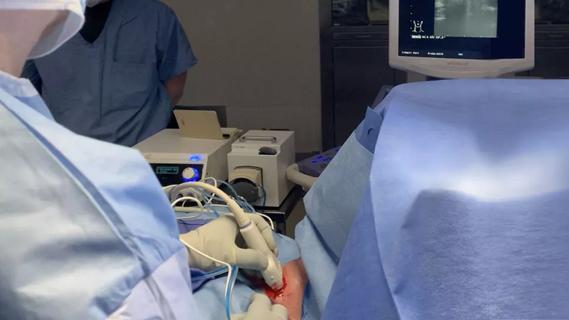
Radiofrequency ablation significantly reduces symptom severity, shrinks nodules

Maternal-fetal medicine specialists, endocrinologists and educators team up

Giving young patients a hand as they take charge of their own health

Case illustrates how easily condition can mimic preeclampsia
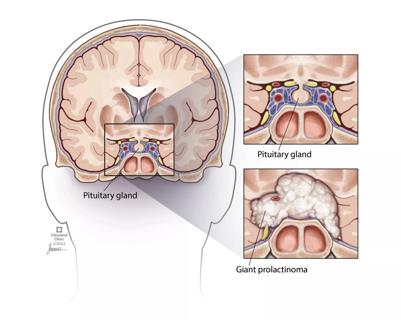
Analysis examines surgical resection of rare pituitary tumors
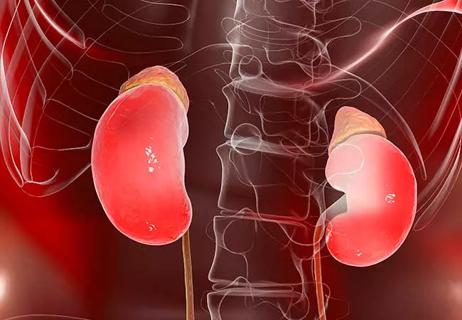
Screening and medication key to better outcomes
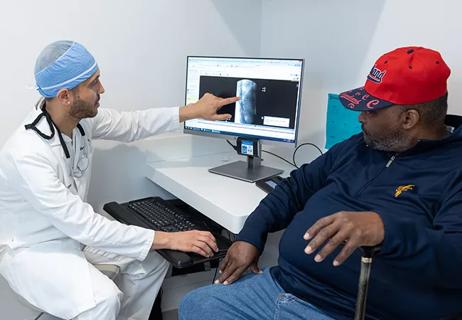
Spinal cord stimulation can help those who are optimized for success
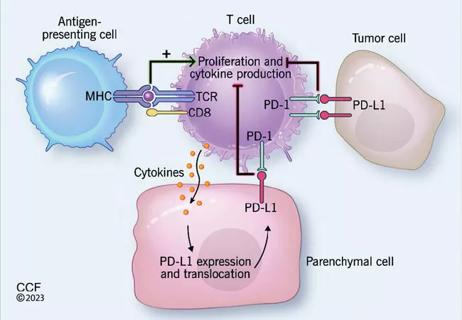
Incidence, outcomes and management